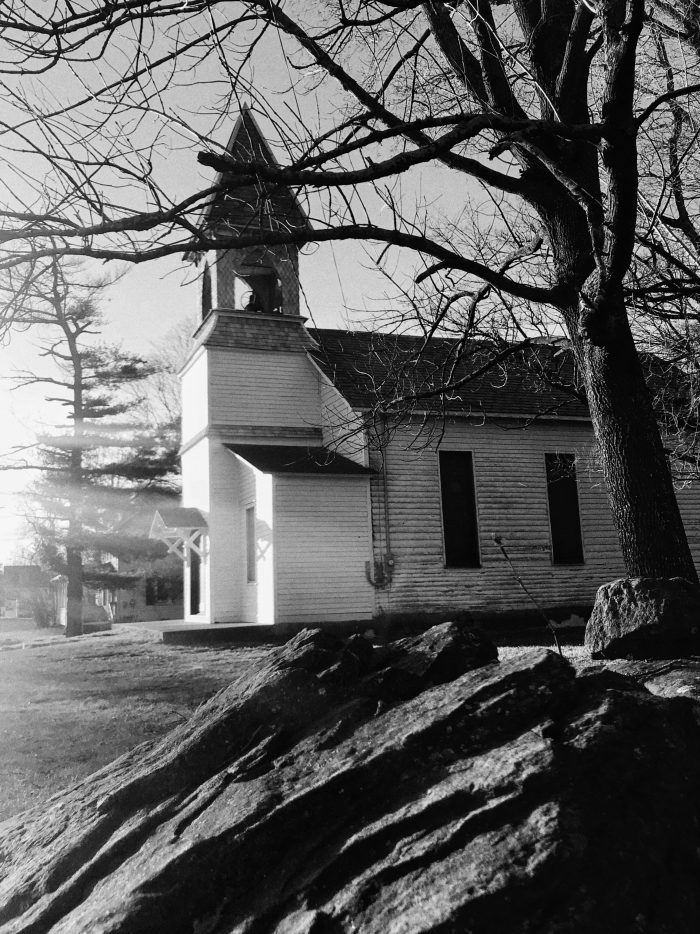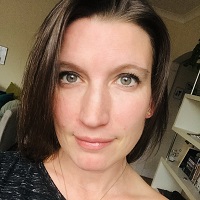View this post on Instagram
What if we thought about how we would want ourselves or a loved one to experience death?
I know this is not a question we ask ourselves every day.
In February 2014, I had the incredible experience of instinctively serving my dear friend and loved one, Steven, as his end of life doula.
I have always known the impact that experience had on me and the meaning I gained from it, but it was not until I met Henry Fersko-Weiss that I fully realized what I had done for Steven and the family.
Henry is the Executive Director of the International End of Life Doula Association (INELDA) and has served as a doula and a teacher of doulas for over 14 years. I had the honor of being trained by him last year as a part of the Art of Dying Institute’s Integrative Thanatology Certificate Program.
As Henry moved through the training and shared stories and experiences, I fully understood the role I played for Steven.
Yes, I helped care physically for Steven. I gave him morphine and medications. I tested his oxygen level and blood pressure. I soothed his face with a cool, damp cloth. I helped bathe him and reposition his heavy body.
And I recognized when the end was approaching and arranged for those who wanted to be there with him to be in the room.
But I did so much more.
For seven years prior to his impending passing, we got to know each other, and in that time, I had learned what really mattered to Steven and how he wanted to die.
By knowing Steven, I knew the deep love he had for his family and his desire to be with them. He wanted to be in the thick of things, and loved knowing everyone was safe and well.
During his last days, I would wake him in the night to give him morphine. The anguishing pain that accompanies glioblastoma brain cancer is untouchable, but we did all we could to keep Steven as comfortable as possible. It was important to wake him during the night in order to stay as much ahead of the pain as possible. Often, he would struggle to settle back to sleep after the medication process.
So, I would walk him through what was happening in the house.
I would mention every person who had been in the home that day. “Steven, Tracy is home and resting in her bed. Jay is now home and resting in his bed.” And so on. Then, I would tell him where everyone was in the house. “Steven, Melanie is upstairs with your girls. They are resting in bed. Evan is in his bed sleeping. Your mother is in the guest room sleeping. Grant is resting. Everyone is resting. You can rest now.”
There was one night Steven was not struggling and was quickly settling on his own, so it did not occur to me to share with him where everyone was. As he was drifting off, he said to me, “Sophia, where is everyone in the house?”
My heart and face lit up with a smile! And, I walked him through the household as I usually did.
This was just one of the many things I did to let Steven know he was held, loved, and safe as he spent the final days of his life.
“I heard a doctor say that the living tend to withdraw emotionally from the dying, thereby driving them (meaning the person dying) deeper into isolation. Not to withdraw takes tremendous strength. To pull back is a temptation; it doesn’t hurt nearly as much as remaining open.” ~ Madeleine L’Engle
To walk with another on their journey is truly an honor and a privilege, as it was to serve Steven and his family the way I did, and to be with him during the last days of his life
As Henry shared, during the end of life doula training, the dying often feel like they are just waiting for their last breath and that their life has lost its meaning. Often, fear and anxiety rush in.
Yet, we are designed to die. It is a natural part of life. And we are all going to experience it.
So, what if we transform the way we die?
What if we had someone there to help remove the fear of the unknown and walk us and our family through the process?
In a New York Times article, Henry shared the story of Greg Torso, a 42-year-old man who was dying, and his mother. Ms. Torso was concerned about witnessing her son’s death because she had no idea what it would be like. She wanted to be there for him but was also afraid.
Henry and his team worked with Ms. Torso and Greg to help navigate this beautiful mother and her precious son through his death. Because of Henry’s guidance, “Ms. Torso was coached and consoled through the final days and hours of her son’s life.” Her experience left her with a feeling of euphoria.
An end of life doula can help you and your family move through the dying process.
Conversations will go beyond just comfort care to help you and your loved ones find more meaning in the process. The doula can offer support where it is needed, explain the dying process, calm any situations that arise, remove any negative energy that may surface, and allow you and your family to be more present in the experience.
If there are any barriers, the doula can help gently open the doors of communication, helping you and your family plan how you want things to be and identifying what matters most to all of you.
“Death is not waiting for us at the end of a long road. Death is always with us, in the marrow of every passing moment. She is the secret teacher hiding in plain sight, helping us to discover what matters most.” ~ Frank Ostaseski
What do you want your family to remember about your life?
How do you want to experience this part of your natural journey? How do you want to connect with those that matter most to you? What can your family do to help you feel loved, supported, and connected to them?
Let us bravely have these discussions with one another.
Let us willingly talk about death and dying with one another to open the doors of communication.
Let us help our dying loved ones feel supported, safe, and loved as they face the end of their lives.
Death is a part of life. May we honor the end of life the same way we honor the beginning. And may we walk with one another on our journeys.

~











Read 10 comments and reply